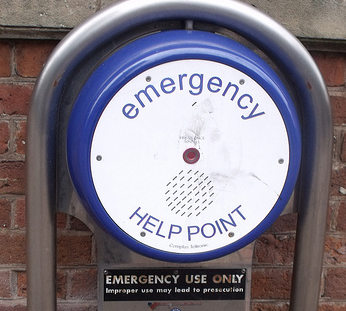As a tutor or teacher, you may frequently be asked, “Does my child need tutoring?” There is virtually universal, worldwide agreement that tutoring in general is highly beneficial to learning. But is tutoring always beneficial? And when is it necessary or essential, or even recommended?
As tutoring has become more and more popular, and tutoring options and modalities more diverse, motivations for hiring tutors have changed. Increasingly tutoring may be seen as a way to “enrich” a student’s educational experience – but that isn’t necessarily the same thing as improving the quality of his or her education, or an appropriate support for success in a class, on a high-stakes test or with learning in general.
As this article by James Mendelsohn, PhD indicates, sometimes parents seek tutors for the wrong reasons. They may be anxious about their childrens’ academic and economic future. This puts the onus on tutors to be clear on when tutoring is appropriate, what constitutes effective tutoring, and how to increase the likelihood that the time you spend tutoring will be have strong positive outcomes for your students.
As Mr. Mendelsohn states, “Tutors bear a responsibility for ensuring that they are working in the best interests of students, which sometimes includes recommending to parents that it is unwise to tutor a child.” Another part of that role is to strive to help learners rise above the need for tutoring. Also implicit is a need to be aware of, and responsive to, the potential cognitive and emotional impacts of tutoring on students’ development.
A major “reason for tutoring” that might not be appropriately addressed by tutoring is a desire on the part of parents for their child to excel. Such students are often already working hard, and don’t really want tutoring. Is forcing tutoring on them sending the message that their ability and effort isn’t “good enough” and they can’t do well on their own?
As tutors, it’s important to reflect on whether some parents might be seeking tutoring not to provide an enriched education or to help kids discover passions and intrinsic motivations, but to drive their children towards a fast-track/elite higher education process. Here’s the question: Does tutoring support the development of intellectual independence – a student’s ability to solve problems, seek information and learn on his or her own? Or does it potentially undermine it?
In this context, the development of patience, resourcefulness and confidence are more important than test results. (And potentially they’re better predictors of success in college and in life than test results, too.)
So when is tutoring necessary or beneficial? Here are some warning signs to ask parents about:
- Falling grades. If the drop is sharp, parents might have waited too long before considering tutoring.
- Excuses about not doing homework. Often this means the student is falling behind or not performing up to their ability level.
- Excuses about not liking teachers. This can be a red flag that extra help with concept beyond what’s available in class would be beneficial.
- Low self-confidence. Poor performance in the classroom, especially in the tangible form of bad grades, can quickly undermine self-worth. Often a tutor can help where parents are simply frustrated.
In all these situations, whatever the reasons behind them, tutors can often help simply because they are not the parents or the teachers – they have a “clean slate” with the student. Simply by focusing on the student’s needs and offering time and support can do wonders in many cases.
Featured image courtesy of eli brown.
SAT vs ACT: Choosing the Right Test [NEW EBOOK]
Download this free 20-Page Ebook for Tutors Now!
Our free 20-page ebook is a step-by-step guide on how to select the right test for your student. Learn everything you need to know about using the PLAN and PSAT to improve student scores, how to leverage learning analytics to select one test over the other, and other tips on how to take the guesswork out of selecting the ACT vs the SAT.












One Response to "To Tutor Or Not To Tutor – Is That The Question?"